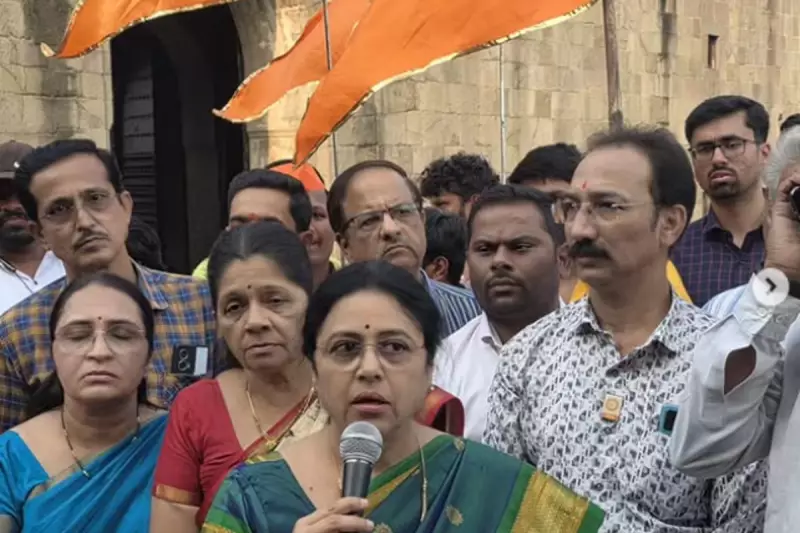
A significant cultural and religious controversy has emerged in Pune, Maharashtra, surrounding the historic Shaniwarwada Fort after local BJP leaders raised objections to Muslim prayer sessions being conducted within the 18th-century monument's premises.
Political Leaders Voice Opposition
Medha Kulkarni, a prominent BJP leader and former member of the Legislative Council, has taken a firm stance against the prayer gatherings. In a strongly worded letter to the Archaeological Survey of India (ASI), Kulkarni demanded immediate intervention to halt what she described as "unauthorised religious activities" at the protected heritage site.
The dispute centres around regular Friday prayers that have reportedly been taking place at the fort, with Kulkarni and other BJP figures arguing that such practices violate the monument's status as a secular historical site protected by national heritage laws.
Historical Significance and Modern Tensions
Shaniwarwada Fort stands as one of Maharashtra's most important historical landmarks, originally serving as the seat of the Peshwa rulers in the 18th century. The fort has long been a symbol of Pune's rich cultural heritage, attracting tourists and history enthusiasts from across India and beyond.
The current controversy highlights the ongoing tensions between religious practices and heritage conservation in India, particularly at sites with complex historical narratives that span multiple communities and eras.
Legal and Cultural Implications
Under Indian law, protected monuments like Shaniwarwada Fort are meant to be maintained as secular spaces, with religious activities typically prohibited unless specifically authorised. The ASI now faces the challenging task of balancing cultural preservation with community religious practices.
Local Muslim community representatives have yet to issue a formal response to the BJP leaders' complaints, leaving the situation delicately poised as authorities consider their next steps.
This development comes amid broader discussions about religious expression at historical sites across India, raising important questions about how the country manages its diverse cultural heritage while respecting multiple religious traditions.





